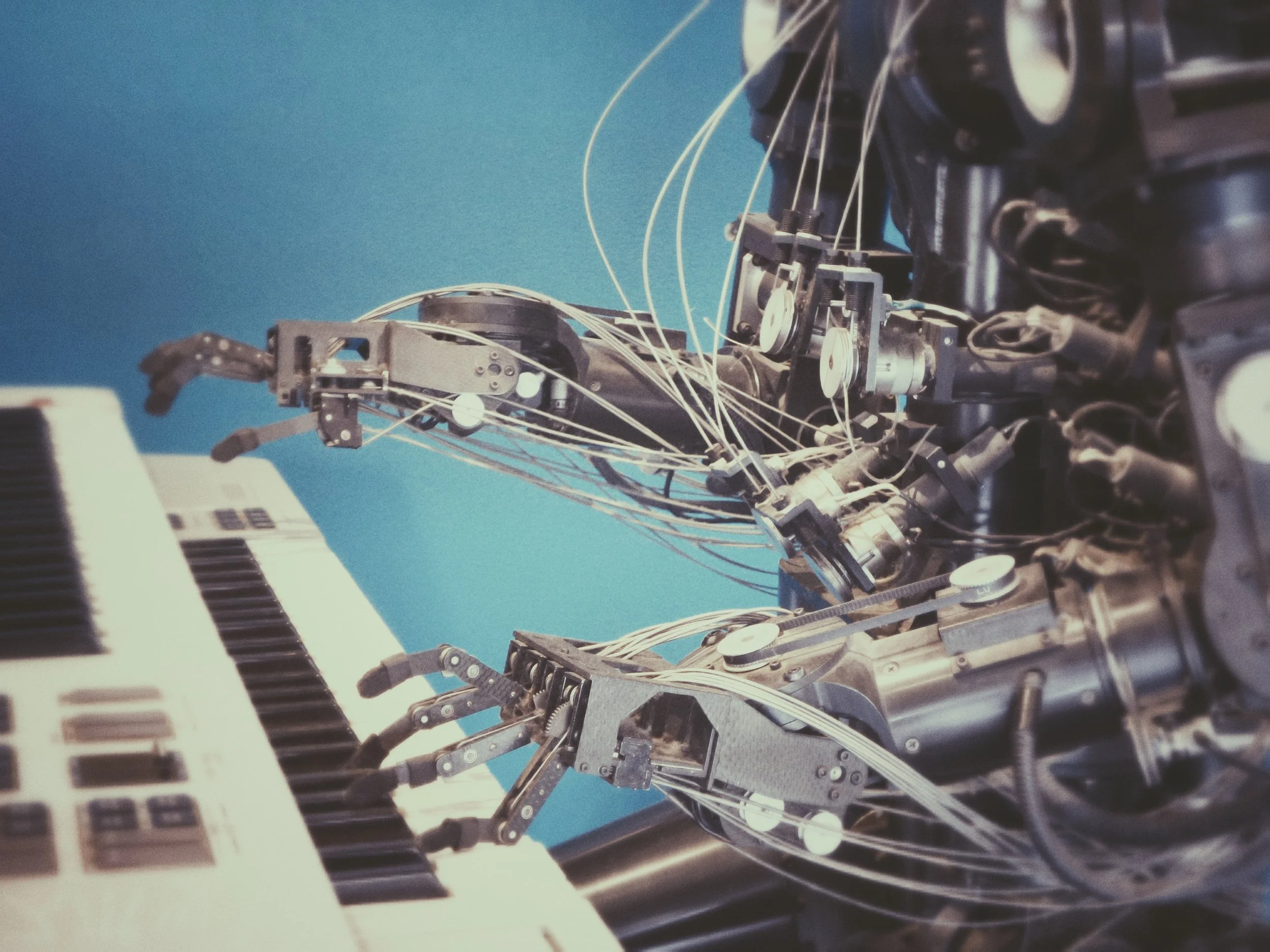what the heck is audio mastering?
5 minHey! I’m Elaine Rasnake. I am a mastering engineer and the founder of Daughterboard Audio, a queer-owned and operated studio located in Philadelphia, PA. Last year I mastered the RRA Fellowship 2022 winner Priya Mani’s song ‘Starry Skies’, which was truly an honor and such a blast. Along with Priya, I have worked with hundreds of clients across the world and if you’re interested in learning more about me and my history, feel free to check it out here. But for now, I wanted to take a quick moment to chat about audio mastering with y’all.
so what is mastering?
I often describe audio mastering as “the final creative stage of the audio production process that prepares your music for distribution.” The mastering engineer is the last set of professional ears that will listen to your music before it goes out into the world. So there is a lot riding on our shoulders, but it’s well worth it.
Now, as an artist, band, producer, mix engineer, etc. you have most likely been listening to your mixes over the course of a few weeks to even a few years. Often times, this leads to you becoming “blind” to certain sounds because you’ve been listening to every second of your project over and over and over for a long time. When you send your music to a mastering engineer, we will be listening to your music the way your audience will hear it: for the very first time. And unlike most audiences, a mastering engineer will be able to:
provide productive mix feedback (the vocals are super buried in the mix, the cymbals are overpowering the guitar, etc.)
repair sonic errors (pops, clicks, etc.)
enhance the overall character, energy, and/or harmonics of your music through extra processing such as EQ, saturation, limiting, etc. (e.g. EQ - delicately carving away or boosting certain areas on the frequency spectrum to make sure everything has space and keeps the listener engaged)
know when to NOT to add extra processing to your music (unlike an AI - more on that later)
create consistency in quality and character throughout an album (balancing the volume from track to track so the listener never has to adjust the volume once they start listening, maintaining the spacing between tracks on an album, etc.)
ensure that when your song gets snagged for a playlist or mixtape, it will play nicely with other songs in its genre.
provide peace of mind ensuring that your music will sound its best on all playback systems (from laptops, to earbuds, to large club spaces, your song will sound great)
mixing vs mastering
There’s some confusion about mixing vs. mastering, which makes sense; many of the same processes happen in both, but the context is different.
Mixing focuses on balancing the small details of every instrument and every element in a mix so that they sound good when played together. Big changes can be made to the song’s sound.
On the other hand, mastering is all about looking at the big picture, the song or album as a whole, and making any final adjustments that could help bring it to life. Compared to mixing, the changes are subtler. Some folks compare mastering to those who find the perfect frame for a painting; we aren’t changing the original art, but we find a way to enhance it and bring it to its fullest potential.
Once this creative process is done and you are happy with how your newly mastered tracks sound, the mastering engineer’s final job is to organize and provide the proper files required for distribution. Often times, different listening mediums like digital vs. vinyl will need separate masters because of how the technology works and physically plays the music. Luckily, we have all of the tools that can help provide musicians with the files needed so they can share their music with the world, whether that be through digital distribution, making CDs, vinyl, cassettes, etc.
AI mastering
Recently, a lot of folks have considered AI mastering services which are cheap and quick but don't provide the complete “mastering” process. Sure it can make your songs louder, make some sonic changes based on genre matching algorithms, and spit out your final files within minutes for cheap, but there are a lot of things it can’t do because it’s not done by a person.
AI mastering just processes the files you send it, verbatim, so it is unable to adjust the spacing between songs in a musical and meaningful way. It also can’t tell when not to apply its processes, and changes perfectly solid musical elements to fit a generic algorithm. The biggest thing that AI mastering doesn’t provide is the unique connection that exists between musician and engineer when making collaborative, artistic decisions together that make musical sense even if, by a computer’s technical standards, it’s “wrong”.
Now, I will admit that AI mastering can be helpful for folks who are on a very tight budget, need a very quick turnaround, aren’t looking for any outside feedback, or who want to use it as a reference tool to hear a general idea of what would happen to their song when brought to a more commercial level. The trade-off is that the music misses out on the heart and soul of someone who has listened to music for decades and knows the ins and outs of their gear in order to make the final artistic decisions your music deserves. There are some decisions and fixes that our robot overlords aren’t yet equipped to make.
In the end, audio mastering is a great way to make sure your music sounds the best that it can be. By hiring a mastering engineer, you are helping to support the music community and you are keeping our musical ecosystem thriving.
Thanks for taking the time to check this out, I really hope it helped, and if you’re looking to have your music mastered, always feel free to reach out!
All the best,
Elaine




